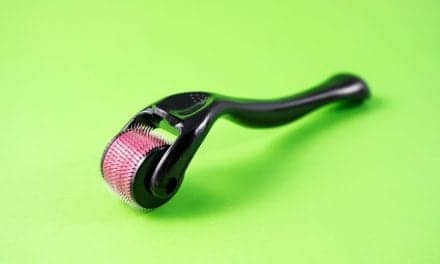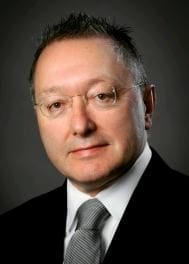Patients affected by seborrheic keratosis (SK) are bothered by their skin lesions and are interested in treatment options, even if costs were involved, according to an observational study conducted on behalf of Aclaris Therapeutics.
The study, which was conducted in 10 regionally diverse dermatology practices by Burke Inc on behalf of Aclaris Therapeutics Inc, included 406 patients (ages 40 to 69) with asymptomatic SK lesions, each of whom completed questionnaires during their visit.
“As a physician, I see the negative effects that SKs cause in many patients every day in practice as they are so common and multiple. Many patients find SKs to be unsightly and a reminder that they are getting older. From their perspective, the SKs should not be there,” says Dr James Del Rosso, lead study investigator and dermatologist who practices in Las Vegas, in a media release from Aclaris Therapeutics. “This study highlights how patients feel about their condition and what they will do to hide or get rid of their lesions.”
Additional findings from the study include, per the release:
- The majority of patients (61%) took action to hide, disguise, or deal with their SK lesions (e., hiding them with clothes, makeup or hair, or picking at lesions so they fall off).
- Approximately one-third (34%) of patients had previously asked their dermatologist about treatment for SK, motivated by concerns about appearance as well as health.
- A vast majority of patients (86%) indicated they were somewhat or extremely interested in treatment provided in a dermatologist¹s office and were willing to pay a reasonable out-of-pocket fee.
- Factors that correlated with higher interest in treatment were the presence of lesions on the face or neck.
The release notes that although there is no FDA-approved treatment for SK, options include cryosurgery (freezing), electrodesiccation (burning), curettage, and surgery.
“This study confirms there is a strong desire for SK treatment among dermatology patients. Current treatments are often painful or have undesirable outcomes like scarring or dyspigmentation, which leave physicians and patients frustrated with the gap in treatment options,” notes Dr Neal Walker, president and chief executive officer of Aclaris.
“There is a significant need for an effective, non-scarring treatment for the millions of people suffering with SKs. To meet this need, we are focused on developing a first-in-class, non-invasive treatment for SK,” Walker adds.
[Source: Aclaris Therapeutics]




